Updated on June 30, 2021
Governance Innovation Workshops
Context
I joined the collective intelligence research group of Platform Design Toolkit to launch the white paper in Novermber 2020. My research and facilitation focused on the cultural lenses in the organizational design trends. Since then, I have been designing workshops and researching on governance and decisions making process. In July 2020, I delivered a reseach update with a first workshop in collaboration with the Commons Stack – Read more here.
In June 2021, I expanded the previous learnings from the voting space to also investigate the decision space. A further collaboration arised with Token Engineering Commons as they are working on improving the best practices around governance.
Approach
I applied participatory research and structured experimental approach to deliver and co-create with Commons Stack team and the audience who attended to the workshops. I generated feedback loops within the core team of four people to pinpoint the design challenges, focus and agenda in the pre-workshop planning, execution, follow up. I designed short surveys to generate feedback and improve the understanding of the audience’s needs. In June 2021, we delivered a two workshops. See here the YouTube video.
Outcome
As a results of two workshops, research updates and team follow-ups, in June 2021, the need to form a Governance Research came to life. It is a living organism to onboard Governauts – twitter – This means we want to champion and foster the design of fair participatory dynamics to enable a polycentric economy. See here the Gitcoin grant that we launched.

Updated on March 16, 2021
Sense-making Researcher and Workshop Designer
Context
In April 2020, with the Covid-19 outbreak, a fauna of networks started popping up to benefit from a collective intelligence approach to systemic challenges. Platform Design Toolkit and its Boundaryless team is the natural extension of my recent work a in organizational design and ecosystem research. Since then, with their open innovation call, the sense-making community will be revamping the latest Platform Design Toolkit.
By fostering organizational awareness about platform strategies, the Boundaryless team carves out purposeful entrepreneurial learning experience.
My role & on-going deliverables: from exploration to implementation
During the monthly sense-making calls, by listening and understanding the developing research direction, I pro-actively nurtured an organic collaborative feedback loop process about the research area and tools.
Within the resourceful global community of innovators, I was involved with conceptual development and worked on a specific lens of the research compass: the cultural lens and a new spectrum of governance. The research activities and the bridge with previous collaboration supported feedback loops to the research planning around the governance its cultural impact. The Commons Stack project has been part of professional network in the last year. Their direction is the right building block to the Platform Design Toolkit.
With Boundaryless team and the community, I designed and conducted interview sessions and delivering case studies report. Finally, I designed and facilitated workshop(s) remotely about new governance model and decentralization. The video below was recorded as part of the event The Future of Platforms and Ecosystem Thinking: A Sense-making session, organised by Boundaryless on 23 of July 2020. The event was a key milestone towards the 2020 Whitepaper: New Foundations of Platform-Ecosystem Thinking, and towards building a collective sensemaking process around topics related to the future of organising at scale.
Lesson Learnt
Covid-19 and its tide of unpredictability have displayed an undeniable necessity of bottom-up cooperative approach. More and more self-sustaining communities are creating markets through platform design. There is a demand of coordination, cooperation and collaboration for new ecosystem of intentions, actions and incentives. The Boundaryless team is tangible evidence of the power of the community. I have been experiencing a safe place to master and co-create with my research, facilitation and workshop design skillset. These lessons learnt inspire me to enable other teams and organization to consider and adopt the way of thinking and the tools from platform design strategy. It will support any sort of organizations to equip to become more systemic towards internal and external challenges and shocks.
Updated on April 24, 2020
A Podcast Review: Society as Technological Artifact
This post features perspectives and reflections based on the recent podcast curated by the Platform Design toolkit team. You can listen the whole episode here.
The conversation with John Robb sets the scene of how our decision making process keeps going through, even more intensively than before, a disruption. If technology is the musical score where our society plays and keeps adjusting how to tune and tackle global challenges, individuals and community grapple with a constant rewiring for mindsets and organizational processes. Simone Cicero triggers a fascinating conversation with John who describes the journey that goes from tribalism, institutions, markets age to the current scenario: networks of networks. This is literally happening right now. As the pandemic hits our whole values framework, every networks and self-organising teams grapple with the design of a decision making process, participatory governance.
Whilst Simone and Stina articulated good questions, John outlines how the complexity we all face calls for new way of thinking. Our presence in larger system as much as at community levels is intertwined with our resilience.
By listening to the podcast, one of the biggest challenges is to build resilient communities – that is also part of John’s work – is the root of our current transformation. As our learning, working, communicating and feelings are going increasingly under pressure, we need to shape our mindset around resilience and how to practice it with empathy.
As John keeps describing, the networks decision making process comes with new patterns. They emerge as groups are mobilized to share methods, ideas faster and faster. In networks, the information discovery speeds up through smooth engagement and participation to then face the transition with complex environment. One example is the local and global interplay of values and outcomes.
The institutions and their decision making process have been undressed by the Covid-19 pandemic. Their passive and slow response, the lack of systemic approach andf vision is crystal clear. If the virus is faster than bureaucracy, the importance of this disruption is not to exclude the public institution, instead, it is to rewire a collaborative approach between public, private and open source organizations.
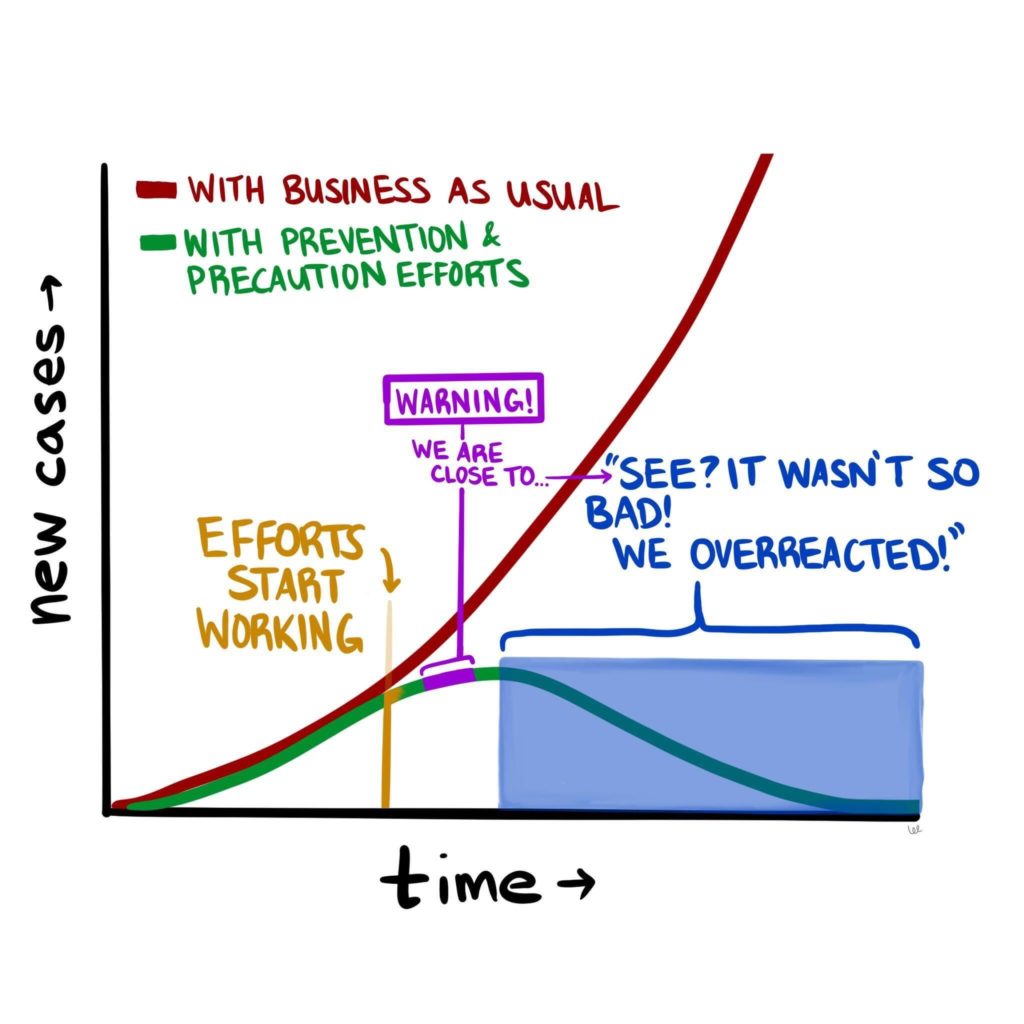
The questions from Simone lead in John explaining also the networks challenges. The overload of interactions along with the feedback loop in the self-organising team, how to add and articulate value co-creation are good examples of purposeful headache.
On the cusp of the current global and local call for change, sociocracy offers a menu of tools and practices to enhance alignment, wellbeing and fulfillment. CoLab is a permaculture project that breathes regenerative networks and organisation.
You can also dive into the ‘underworld’ of Telegram – or Reddit – to join decentralized teams and experience the level of inclusiveness, cohesion to different audiences. It is the melting pot where self-organising teams thrive and grow to serve existing or new ecosystems.
The podcast is an inspiring repository to rethink our way to assess the impact of value co-creation, how to take responsibility and create meaning in our actions.
The strength of the pack is the wolf, and the strength of the wolf is the pack. —Rudyard Kipling
Updated on June 30, 2021
UX and Ecosystem Platform Design Workshop

Context
My approach with decentralized technologies combined with ecosystem platform design helped me to enable sustainability transformation for one of my client, COBIOM. By investigating these tools, with the COBIOM team, we wanted to unearth a tangible impact through value co-creation within a thriving platform of experts and companies. The context of my work is based on the following 3 principles:
Businesses are to serve social systems & not other way around
User experience research is the strategic trigger for organization design and systemic approach
The shift from building products & services to building communities
User Experience Research is the strategic enabler for Ecosystem Platform Design. It helps to deal with uncertainty and the multi-dimensionality of business models. Primarily, it channels participation in a business ecosystem — serving an existing or a new one — by investigating these components:
– People who share data with one another, and collaboratively build knowledge for themselves or an organization, a common.
– Goals and attitudes of the members, as individuals and as participants.
– The digital technologies that they use to interact with one another in meaningful ways.
Think of human interactions as agents of transformations in community building business models.
Approach
One of the UX research challenges we overcame at cobiom was the ambiguity of the Sustainability transformation conundrum. By adopting three mindsets derived from archetypes, along with hard interdisciplinary work inspired by Carolina’s approach, we navigated our understanding to research the ecosystem needs.
As a result of the UX research strategy we applied a ‘Customer Journey Mapping’ exercise that helped to align the team towards co-creation and inclusiveness. Finally, this tool contextualized how we could interact with different actors and the communities in the ecosystem.
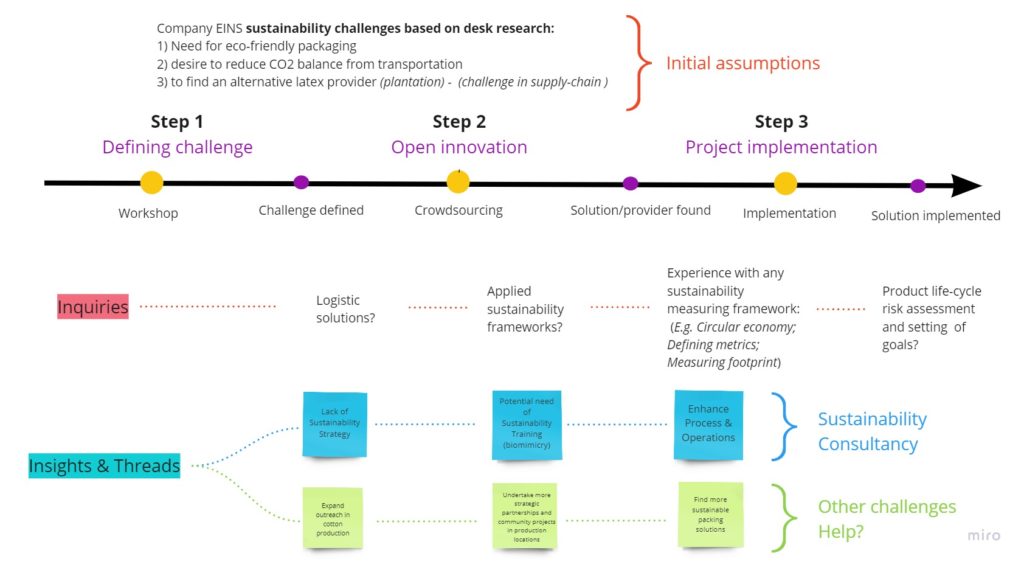
Outcomes
Last 25th of February 2020 at Factory Berlin, I pulled together an ensemble of innovators to boost an interdisciplinary approach around the Platform Ecosystem design topic. A systemic research and design perspective is paramount to tackle “systemic” opportunities. Systems come with multiple stakeholders, longer relationships between parties, usually bigger transactions and call for more participative governance processes. Therefore, I propose the following methods to explore the tangible impact of ecosystem platform design.These are participatory methods that create a cycle of actions and research.
See me in action here in two videos from the workshop:
For things to reveal themselves to us, we need to abandon our views about them – Thich Naht han
Updated on February 9, 2024
User Experience Research for Sustainability Transformation
Context
One of the biggest challenges for businesses is to embed sustainability in the DNA of the organization. Businesses needs to unlearn and align with a way of address their strategic, communication and marketing challenges with a systemic thinking.
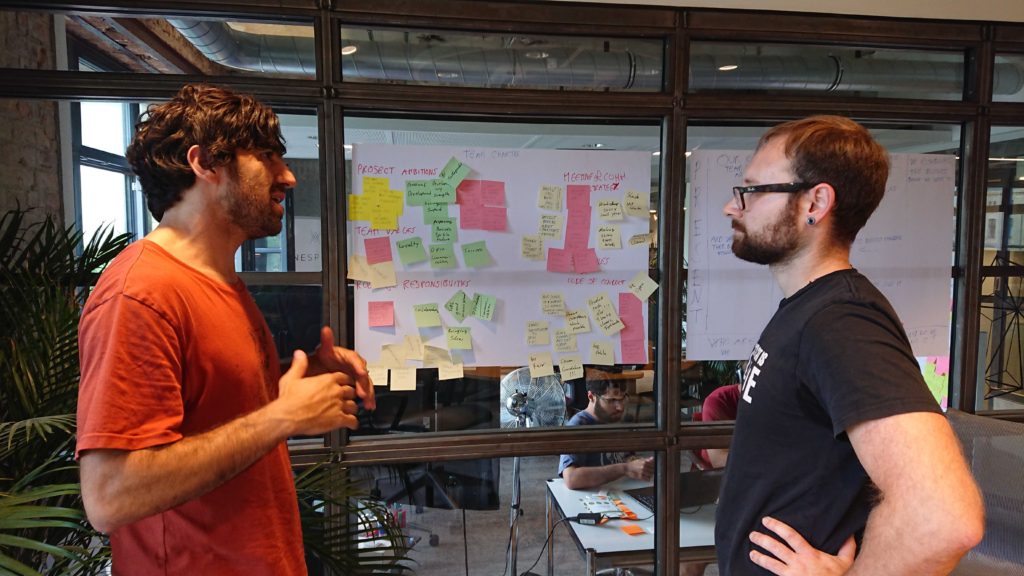
Since April 2019 I could work on the development of cobiom. We have been working to keep experimenting and prototype insights from the user research. At the foundations of this project, I had the opportunity to work closely with the founders and absorb why and how bio-inspired solutions will drive sustainable innovation.
Approach
From brand identity to design user research frameworks, I co-created archetypes and the customer journey mapping that helped to evolve the cobiom value proposition. The vision has been to launch a community of experts that could ignite an open innovation approach with the companies’ challenges. I interviewed companies to understand their needs and biases towards the sustainability transformation. By training and leading the user research team, we set up an insights gathering tool to keep shaping the project vision and mission. I facilitated workshops and triggered internal cross functional conversation to face the uncertaininty and ambiguity of the sustainability transformation.
Outcomes
The business development and research strategy produced a designed and customised onboarding processes to sustainability experts for the knowledge sharing platform. Cobiom keeps developing on platform strategies to leverage the ecosystem of providers and experts. The challenges are multiples and will continue to evolve. The horizon will be positive if engagement and inclusiveness are at the core of cobiom team as much as with external stakeholders.
Updated on September 16, 2020
Blockchain Service Design: Berlin User Adoption Survey 2019
Context
Since Room 77, a bar in the city’s hip Kreuzberg district, accepted the first bitcoin transaction for a beer in the summer of 2011, Berlin Blockchain ecosystem has kept growing. There are currently around 80 startups that utilize and develop blokchain as a core technology. However, throughout my last two years of experience in the space, this technology needs to address the user adoption challenge. Teams will have to stand up from the trough of disillusionment and reverse the lack of traction in Blockchain. In time of ambiguity and uncertainty, a culture of innovation needs to combine resources and experimentation to foster co-creation of value, with tolerance of failure. To unearth pains and gains in the blockchain value proposition, user research is the key.
Method
Between January and February 2019, the survey has been designed to assess how the Berlin Blockchain ecosystem act on user adoption. The survey’s framework is the result of a combination of action-research, quantitative approach and desk research.
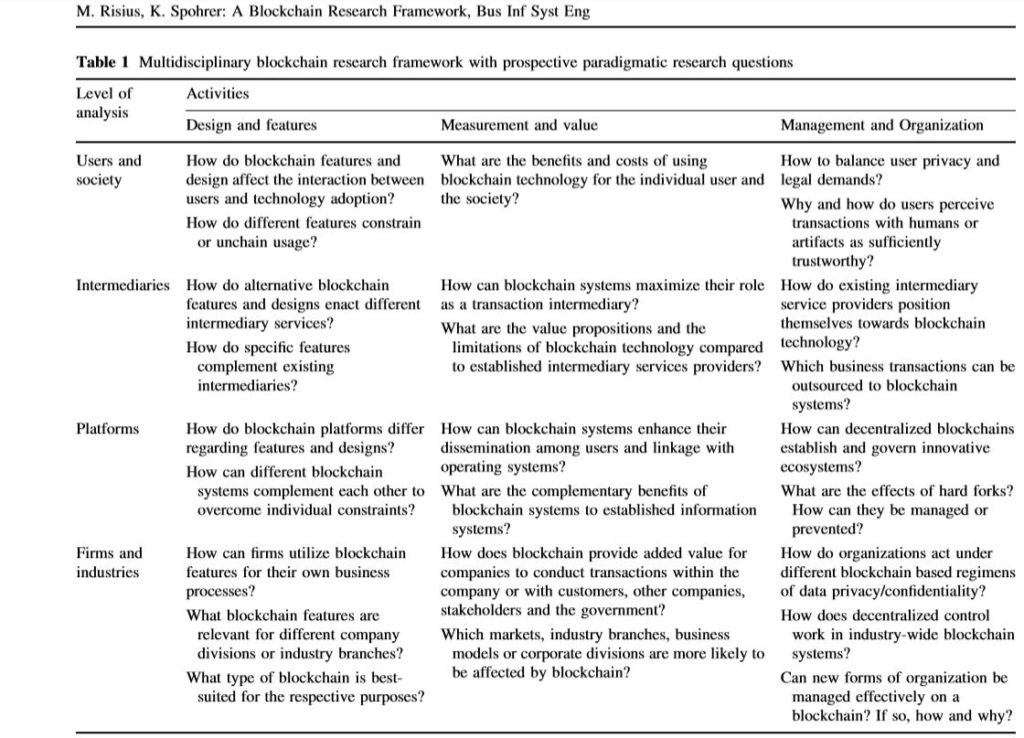
The survey – launched in March 2019 – is the first step exploratory study with an open approach. It wants to reframe underlying values, concepts and norms to connect the end users with the Blockchain implications. Very little is known In the Blockchain user adoption, this project is to encourage and empower participants to take the lead and to shape their own narrative towards the users need with a Service Design toolkit.
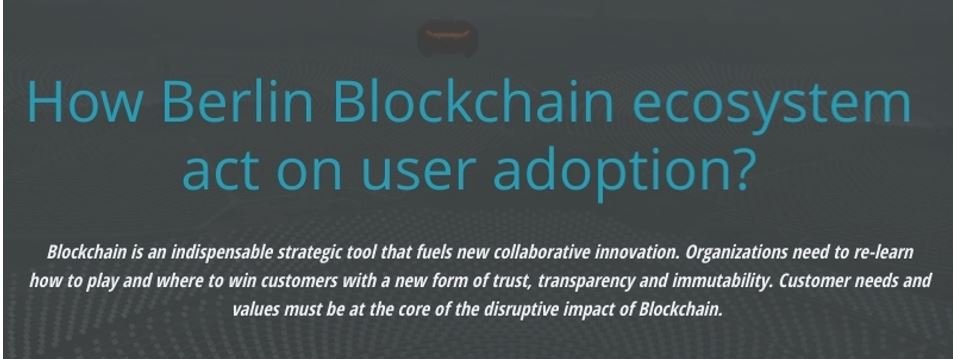
Outcome & Insights
21 Blockchain start-ups answered the Blockchain Service Design survey.
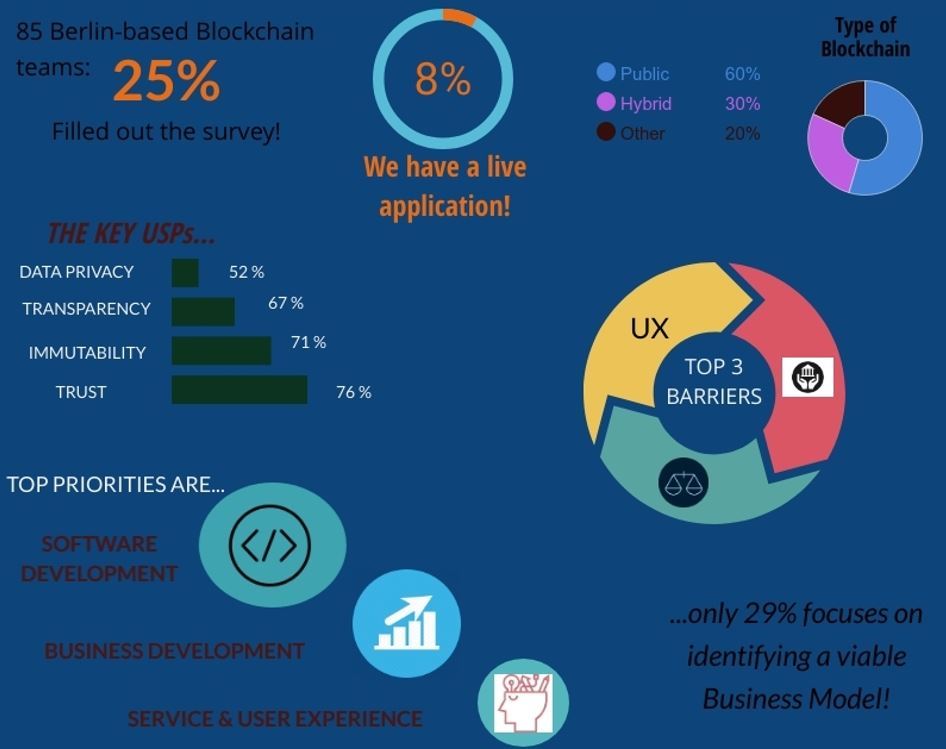
Insight 1
The findings strongly show that trust, immutability and transparency are the top three attributes that start-ups consider to be key USPs of their blockchain products.
Insight 2
In terms of barriers, the two highest score show ‘Usability and user experience’ and ‘Understanding and alignment with legal regulation’.
Insight 3
The three core questions look for patterns on how teams apply tools and methods in their innovation process. The results highlight the need to develop and master more awareness of service design tools based on the users they are designing for and the complexity of the systems in which they operate: Value Proposition Canvas appears to be used only by the 5% of the respondents.
Identifying a viable business model is also another crucial strategic to anchor to their USPs.
There is a clear indication to equip the team with a more structured and dynamic tools to understand their users’ behaviours and needs. 8 teams are interested in being part of either Service Design program or interdisciplinary workshops. Trust, Immutability and transparency will be the pillars on which workshops will be delivered to train, improve service design tools and, to investigate pains and gains by generating co-creation with Blockchain teams and their users.
The Blockchain Service Design project is the results of , also, the collaboration with Gerrie Smits. We are constantly in touch to exchange ideas and methods to keep feeding our vision to facilitate the Blockchain user adoption.
Updated on April 9, 2019
Blockchain Service Design: pains and gains in the Berlin Blockchain ecosystem
In the first week of March 2019 I launched a research project with a survey in the Berlin Blockchain startups ecosystem.
My aim is to leverage the Blockchain technological enhancement for the general public. For the Blockchain teams and startups, I believe they need to know the customers, pains and gains, and they must experiment with the end users to really innovate!
The survey is the beginning of a vision towards the user adoption challenge. It will generate a case study, user centric tools and experiments to create impact in society. The Blockchain teams can be a pioneer in this journey. Ultimately, this is about cooperation, collective empathy, energy, spirit that will lead to better ideas!
100 days of Blockchain Service Design is an approach that pivots also on experimenting results from the survey and to generate small wins or failures to learn from!
Konfidio Token Advisory supported this initiative in the launch phase. A number of workshops will aim at bringing this design methodology into the Berlin blockchain space. With the results gathered from our survey, I will design tailored workshops for all participants. This will be created by assessing the reported needs of startups in the Berlin ecosystem.

The potential progress will unfold with the following milestones over the upcoming months:
4th March 2019 – 25th March 2019
During this period we will jointly release the survey and collect the results. Through an extensive list of startups and events in Berlin, we will invite them taking part.
You can find the link to the survey here:
26th March 2019 – 15th April 2019
We’ll begin our detailed analysis of the results and begin to root out common issues and problems within the design process. This will in turn directly affect the content and aim of the later workshops.
16th April 2019 – 1st May 2019
The first workshop will be designed and created, taking into account all participants’ responses. This will lead up to its announcement on the 1st May along a date and venue.
Beginning of June 2019
The event will take place, bringing together start up team members, users and other interested parties. We’ll work together going through the service design process, coming up with new ideas and unlocking new action-oriented engagement for startups and users.
Updated on October 5, 2020
Strategic User Researcher at STOKR
Context
In the last five months of the 2018, with Sicos Team as I worked in a fast and thriving work environment. Yes, travelling between three locations – Hamburgh, Berlin, Luxemburg – meant that I was working remotely very often. This gave me sense of autonomy, purpose and responsibility.
Sicos developed a crowd investment P2P platform powered by blockchain technology – STOKR. As Innovation Consultant, I helped the team with an interdisciplinary approach to deliver insights and solve problems in different fields: UX, Strategy, Marketing, Business Development.
My tasks
My action research occurred often during networking events and conferences, as the company spokesperson, I generated and curated relationship with investors, venture capitalist as well as startups founders. By listening and asking questions, I could identife problems and feelings related to the financial market and the investing world. I learnt more about the potential disruptive impact of the new economy: Token Economics. My user research skillset detected needs and new questions as drivers of change and improvement to the platform design experience.

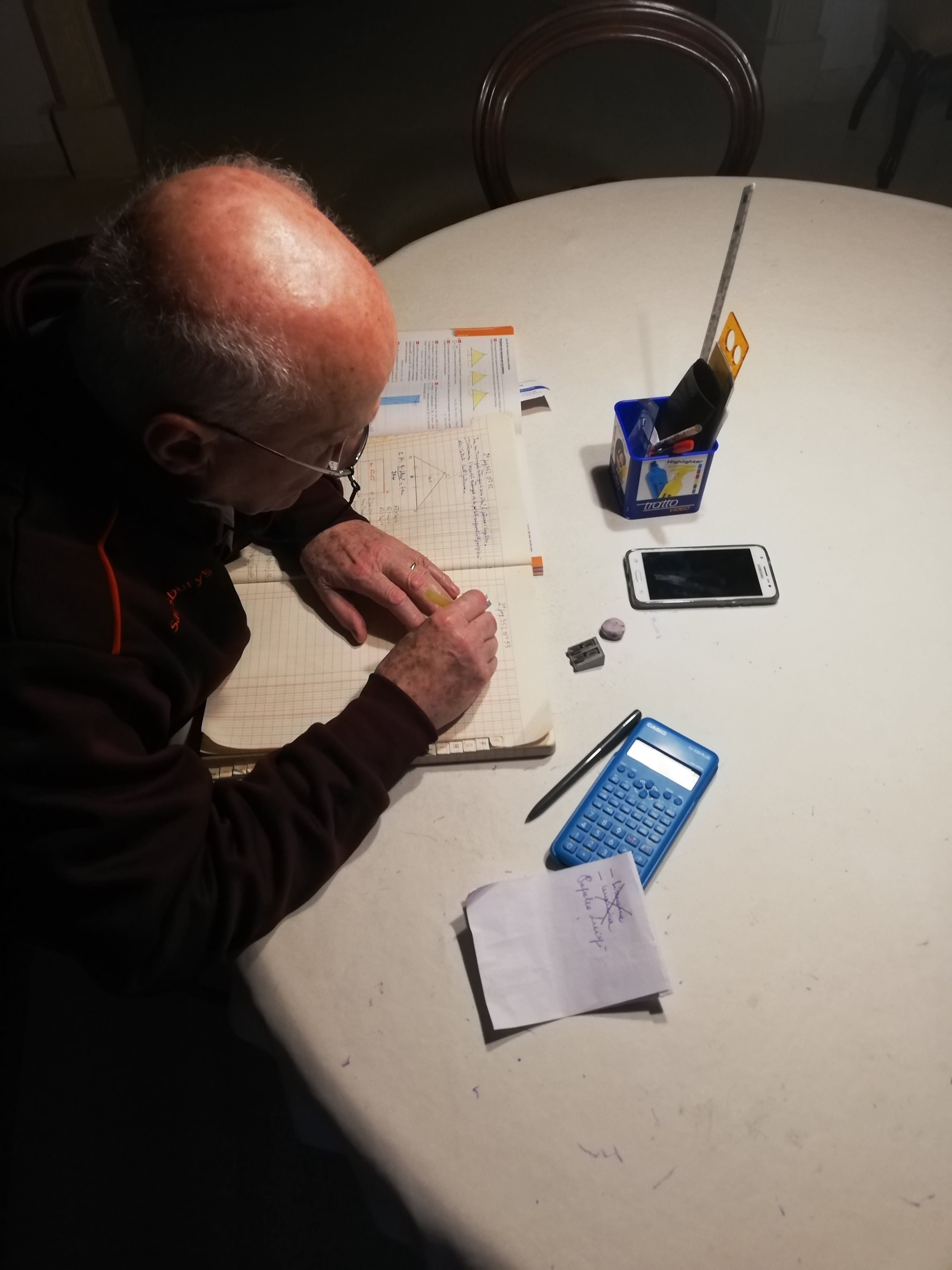

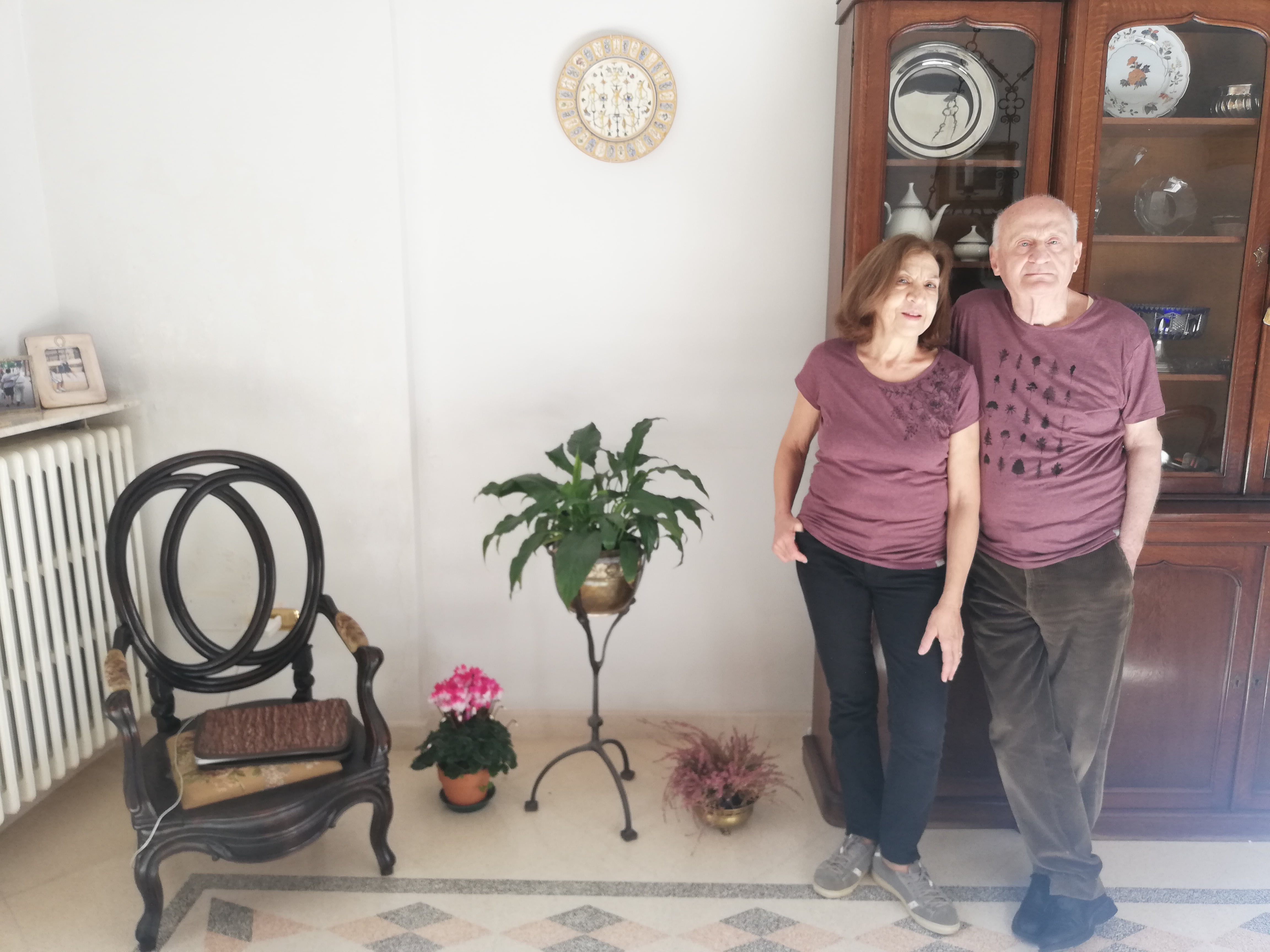
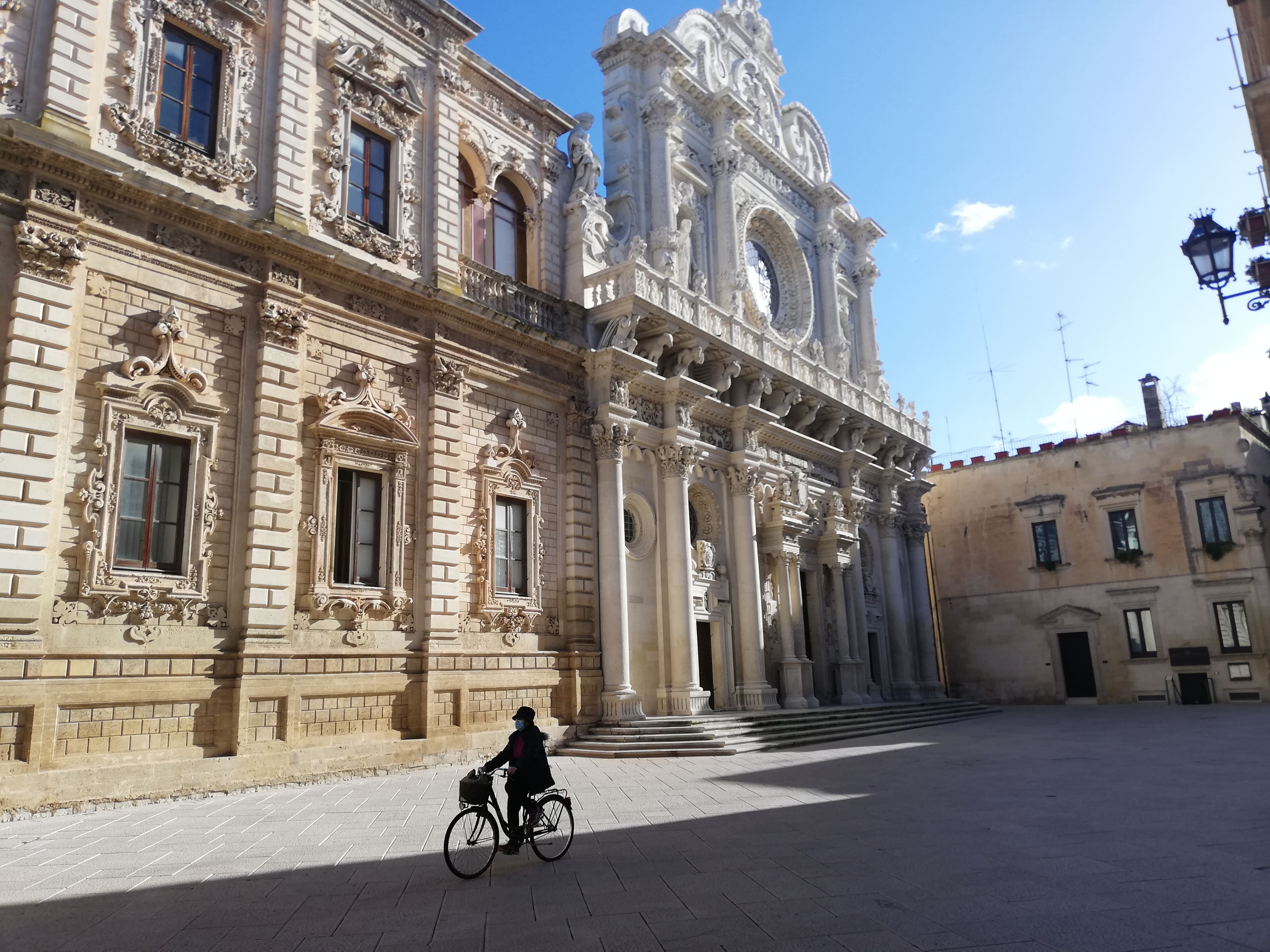
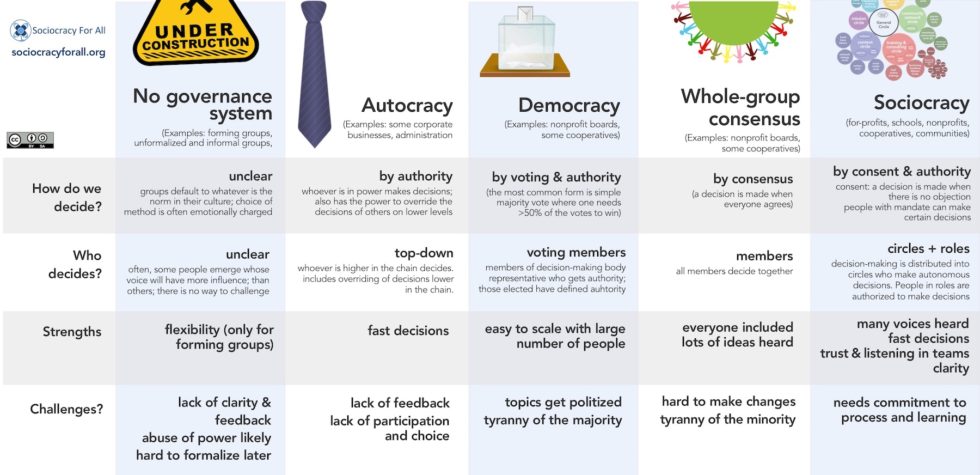
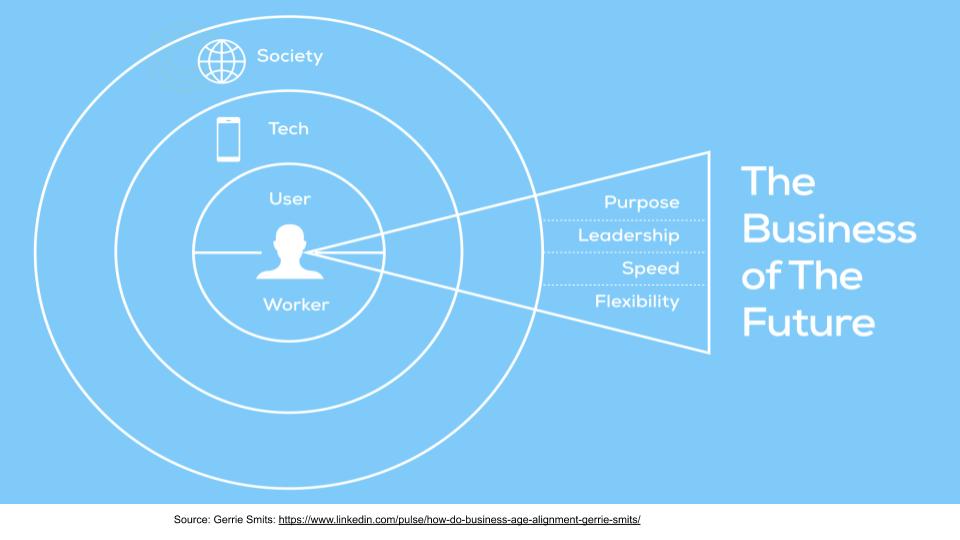
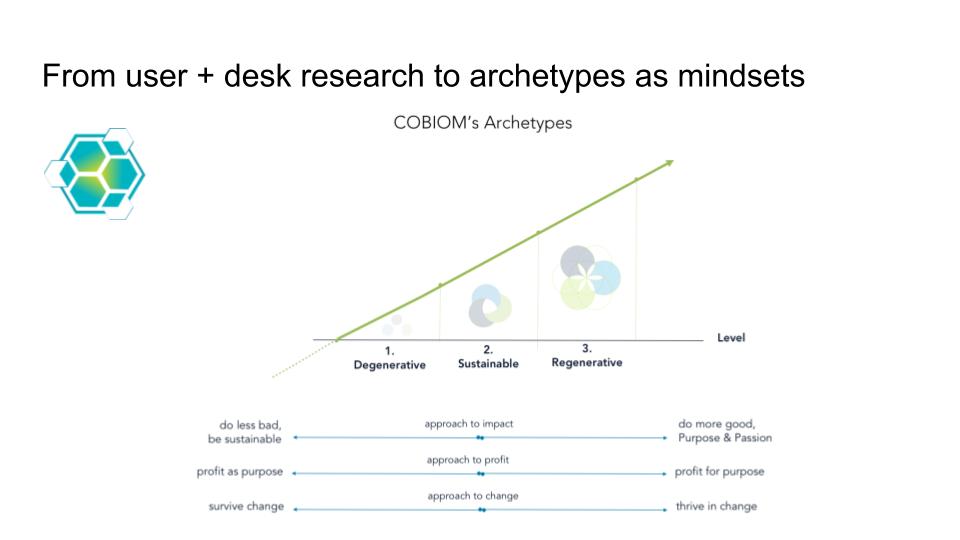
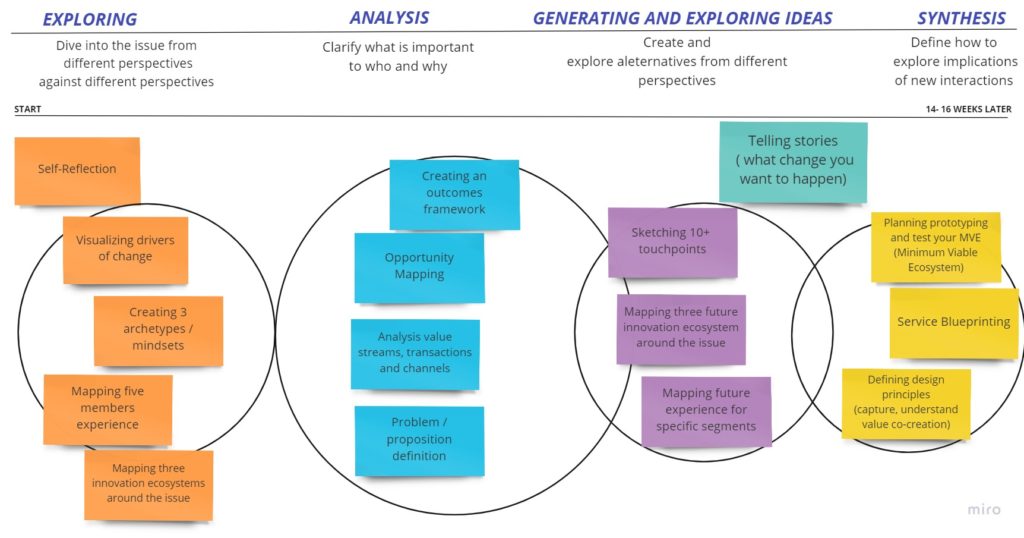
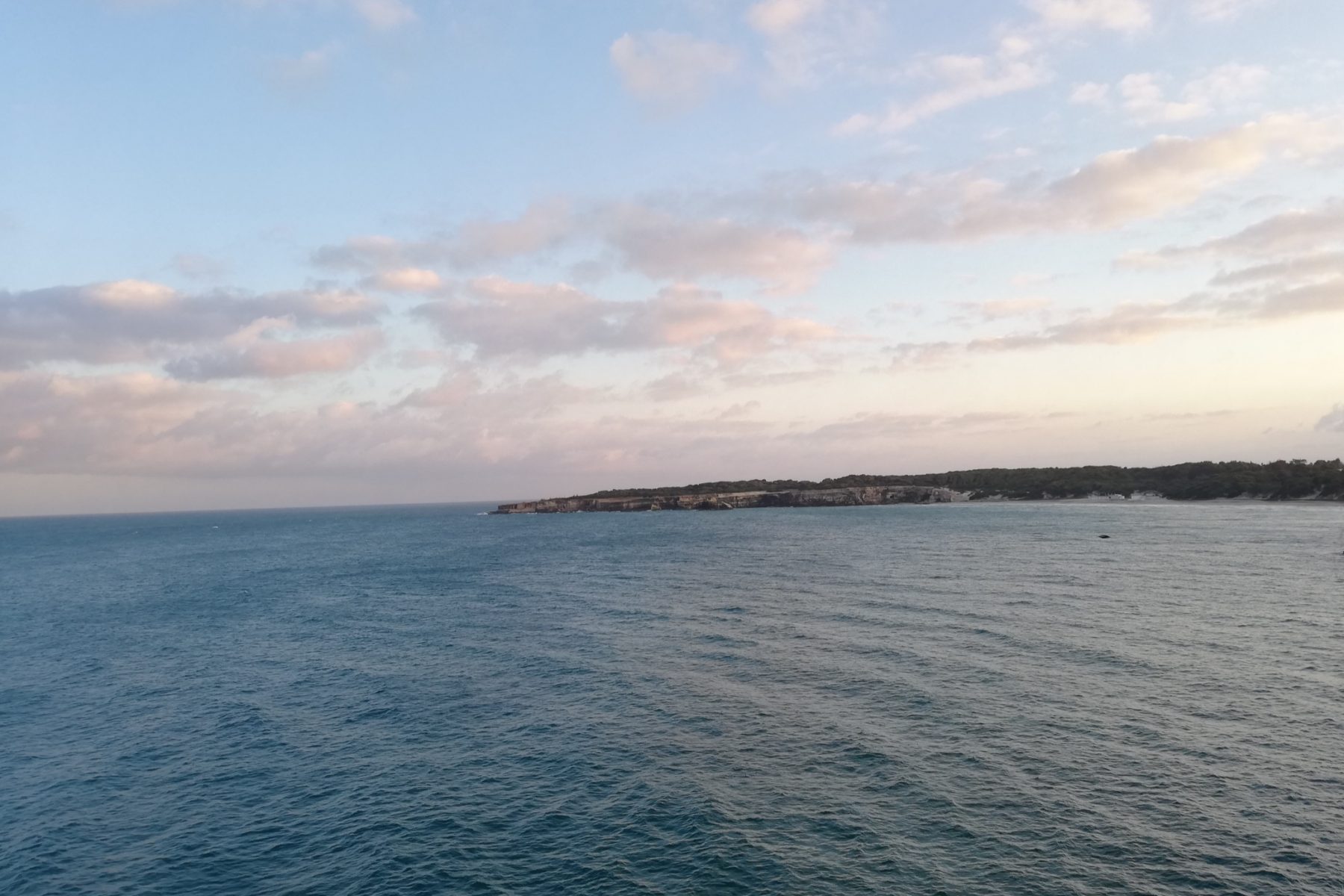
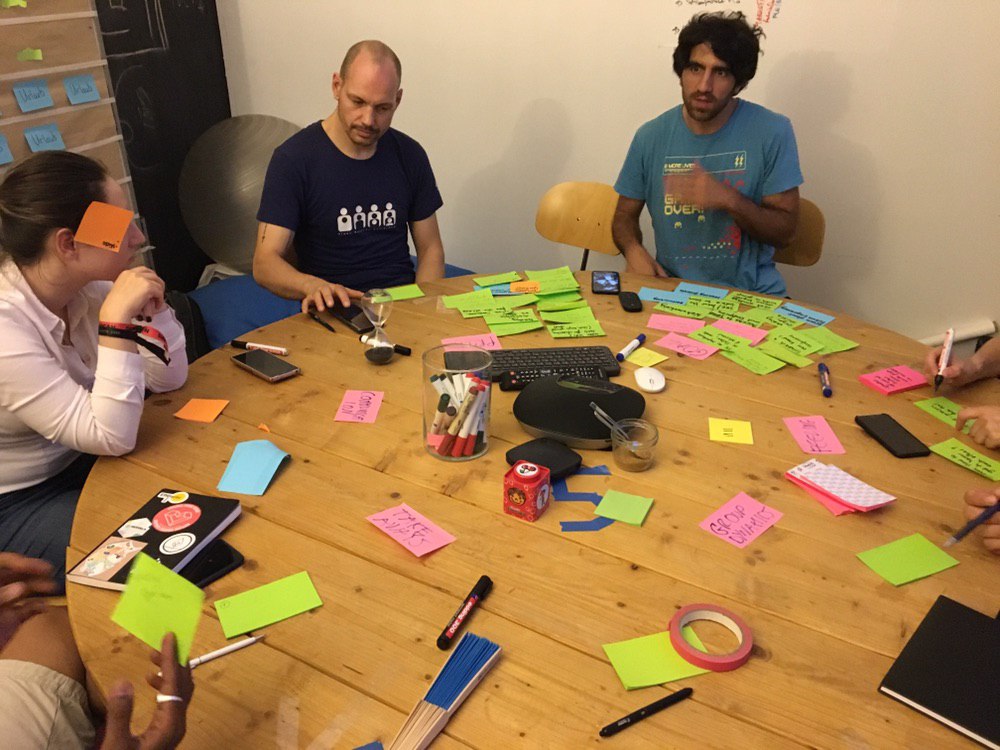
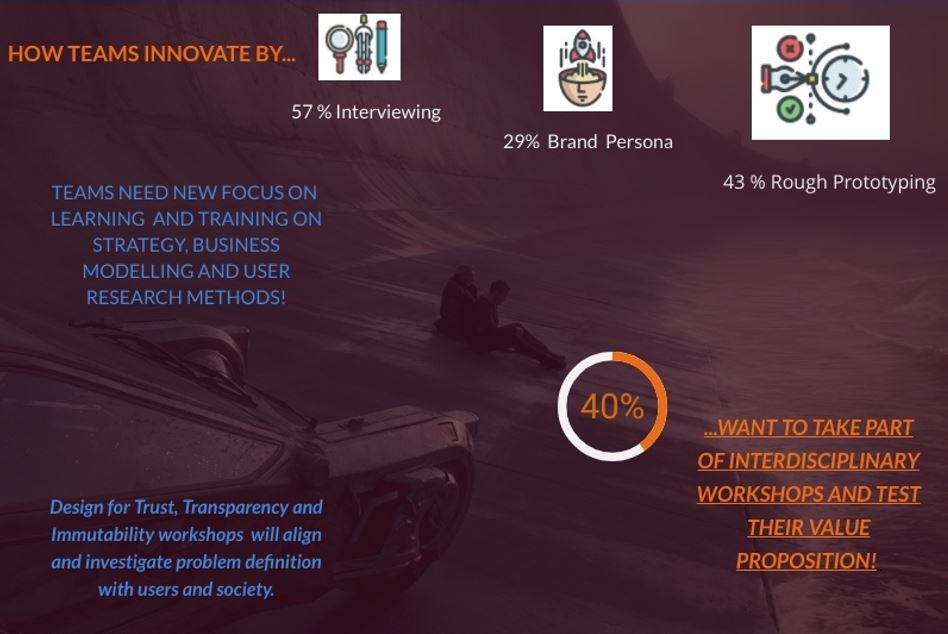
Recent Comments